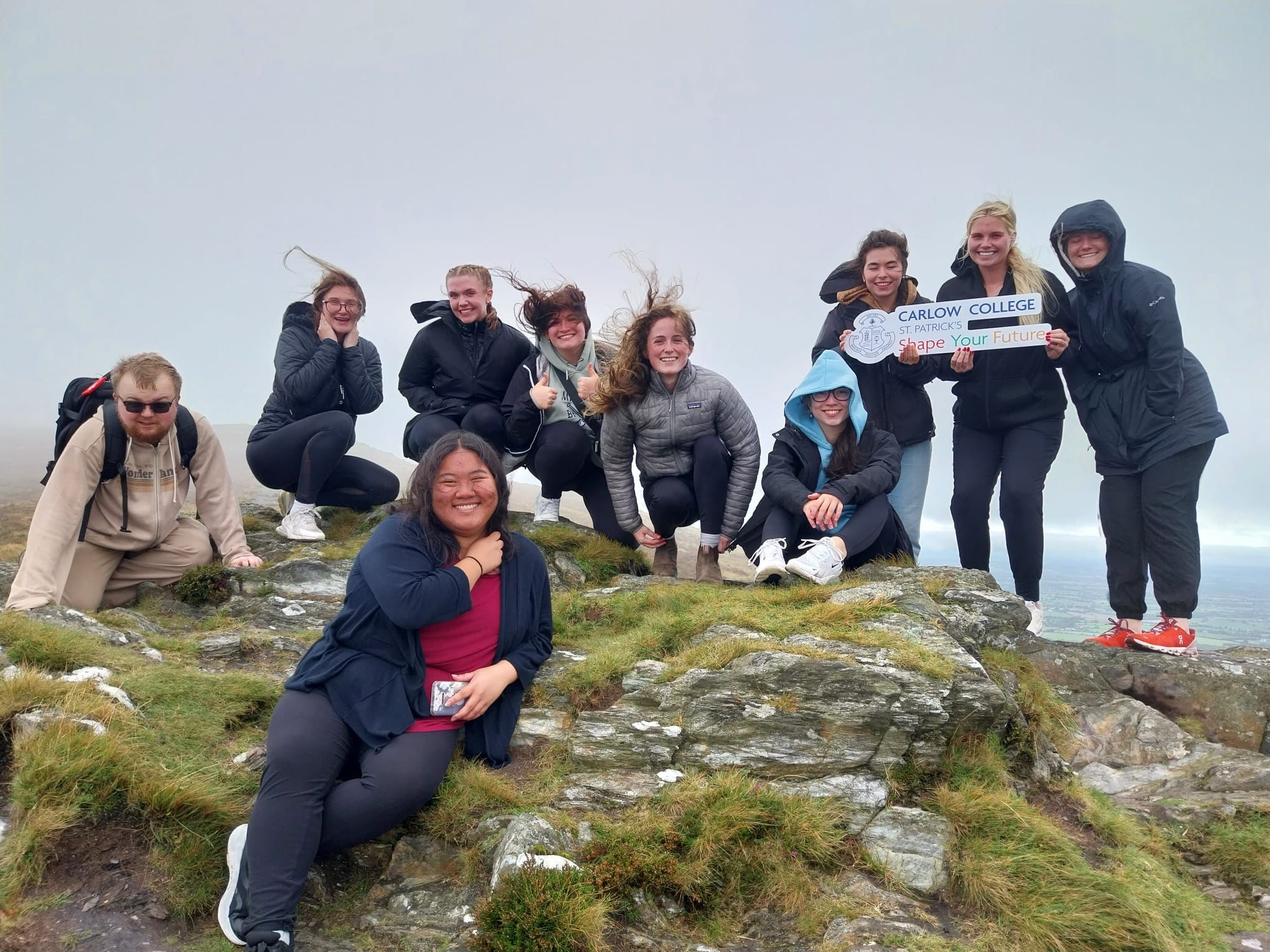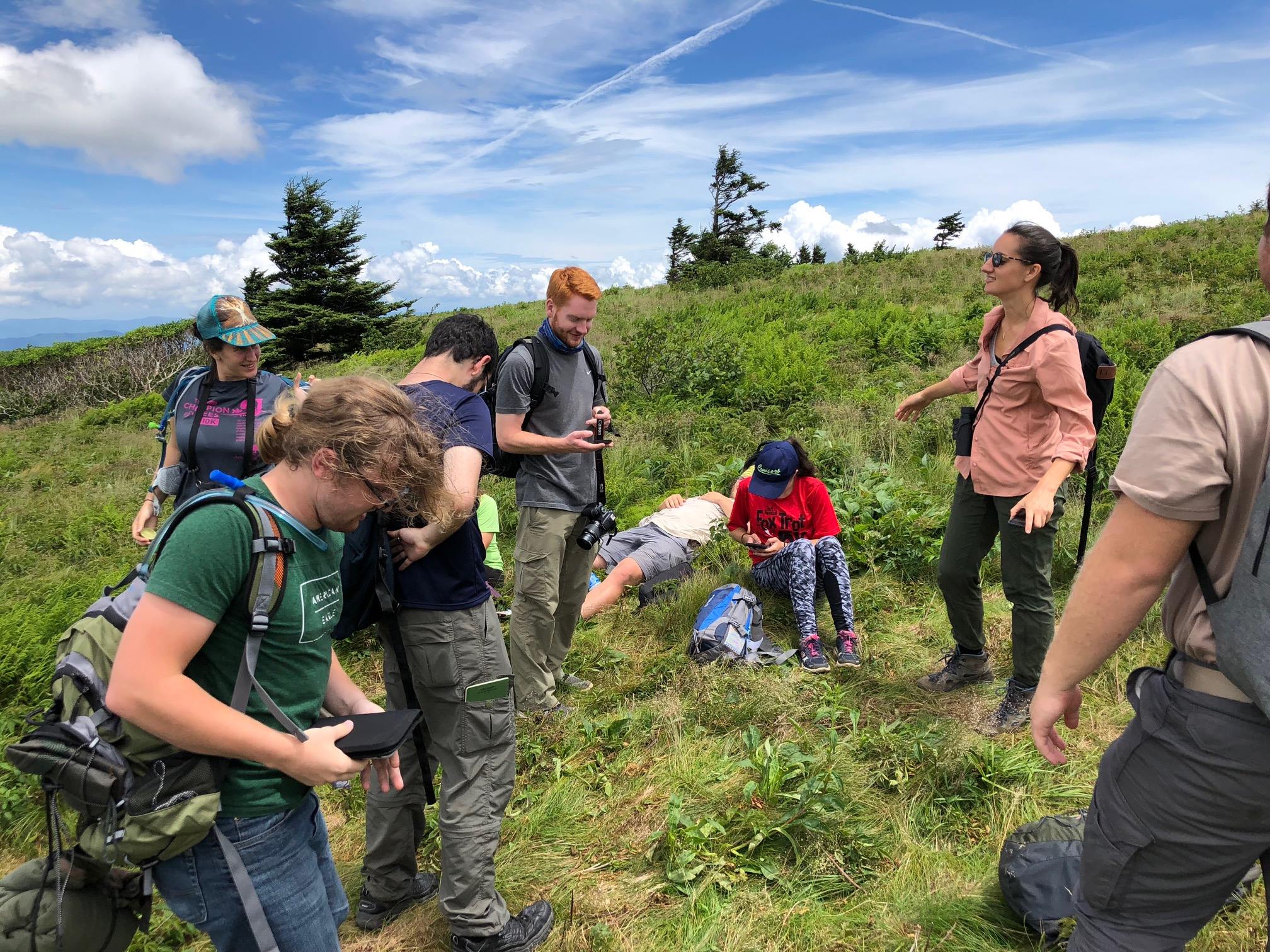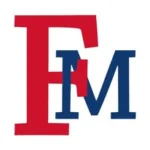May 7, 2024
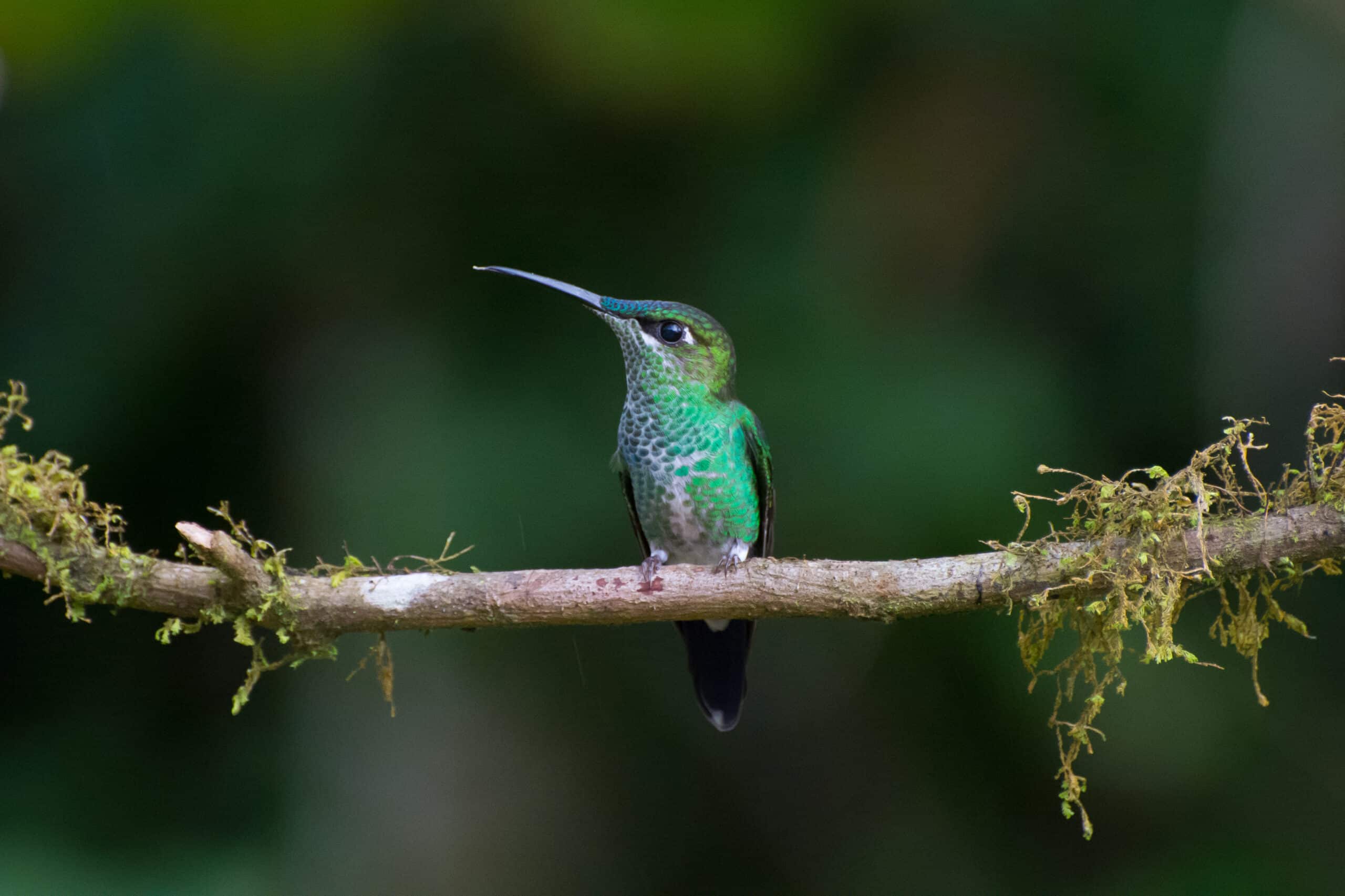
An Expanding Itinerary
An Expanding Itinerary
By Tucker Mitchell | Spring/Summer 2024 | FMU Focus Magazine Spring/Summer 2024
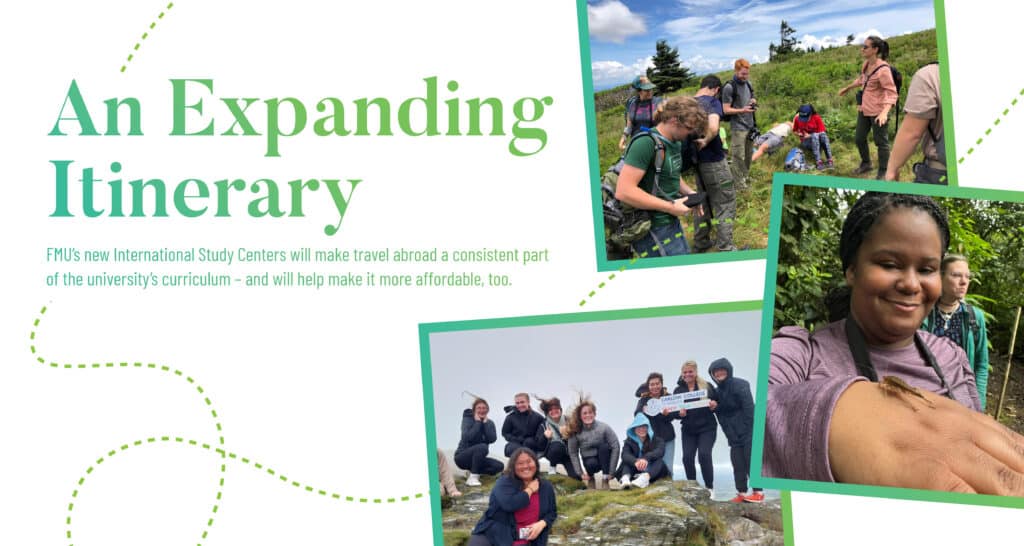
FMU’s new International Study Centers will make travel abroad a consistent part of the university’s curriculum – and will help make it more affordable, too.
Francis Marion University’s life-changing, horizon-expanding program in international studies is adding another leg on its journey.
The university is creating a group of International Study Centers (ISCs) that will offer students and faculty a consistent schedule and location for short-term international study experiences.
The first ISC will be based at FMU’s WildSumaco Biological Research Station in Ecuador. Classes will begin there this spring and summer.
The WildSumaco ISC, and those that follow, will differ from other travel abroad programs at FMU in two important ways. First, the centers will have ongoing funding attached to subsidize a set amount of student travel each year. Secondly, the centers will offer regular FMU curriculum, planned a year or more in advance, giving both students and faculty the ability to arrange their schedules to fit.
Biology Professor Travis Knowles, the director of the ISC at WildSumaco as well as director of the WildSumaco Station, says the faculty has wrestled with overcoming the cost hurdle for as long as the station has been open – 13 years.
“What a student gets out of a course like the ones we’re talking about at WildSumaco, we all know it’s a bargain for the price,” says Knowles. “That said, we also know that many of our students are financially underprivileged, may be responsible for some or all of their tuition, work to pay for school and on and on. The travel is expensive. We do think it’s a bargain in many ways, but it’s expensive to them.
“There is always great interest (in traveling to WildSumaco), but there are always a number of students who express interest but don’t end up going, and I’m sure that’s for a variety of reasons,” Knowles says. “But clearly one of those is economic. Having some funding available to cover at least some of the travel is going to make a world of difference.”
The available funds will subsidize travel for eight students in two courses each summer, or the equivalent of 16 students overall. Courses at WildSumaco can be a bit larger than that — the field station, set in one of the world’s highest rain forests, can accommodate 18 — but that’s enough funding to make sure both courses have enough students to be taught each year and that students who need help will have it.
This year, Dr. Nathan Harness, assistant professor of biology and the coordinator of FMU’s Biology: Secondary Education Program, will take a group of biology/education students to WildSumaco in May. Knowles will lead a tropical ecology course in July. Harness’ course is already full, says Knowles.
Besides providing encouragement through funding, the ISC program will allow some international study courses to become a regular, planned part of FMU’s curriculum. That’s in contrast to FMU’s current international programs, which include exchange programs where students choose their curriculum individually, and international travel studies, which offer courses of study planned on more of an ad hoc basis. Typically, those curriculums are not repeated from year to year, so students either latch on when they become available, or they have to wait to see what the next year will bring.
“This funding allows us to plan well in advance,” says Knowles. “We can do this a year in advance, if not more. So, we can start recruiting earlier, getting courses in front of students, and it helps students, too. They can plan well ahead, lining up funding and making schedules. I think everyone benefits.”
FMU President Fred Carter, a long-time advocate of travel in education and the driving force behind the university’s expansion into international programming in recent years, calls the international study center initiative a “major step for FMU.”
“We have long organized all kinds of trips overseas — faculty-led trips, student exchange,” says Carter. “This will be a little different approach. We’ll designate a series of international studies centers. The first will be WildSumaco. We’ll have funds set aside to accommodate a certain number of kids each year, and then there will be the recurring curriculum element. That makes it more of an integral part of the curriculum, as opposed to something of an aside.
“We’ll still retain a good deal of flexibility, which is important. This could be an intensive course of study during spring break or Maymester, or it could be something longer in the summer. But what’s critical is that it would involve recurring trips, recurring groups of students, on a systematic basis, studying standard curriculum. We think that will make it more inviting to our students and therefore, open this door to more of them.”
Carter says the university expects to open 1-2 additional ISC’s in the next few years. Starting at WildSumaco made sense because FMU manages that facility and has first call on its resources (other universities send students there as well). The next ISC’s are likely to be at universities overseas where FMU has an existing relationship. An example is the University of Landau, in Landau in der Pfalz, Germany, which has hosted FMU students for a number of years.
Expanded locations will mean expansion across FMU’s academic disciplines as well, although Knowles says plans are already in the works to bring disciplines beyond biology and education to WildSumaco. Assistant Professor Brittany Gilbert of FMU’s fine arts department, and associate professor Julie Mixon, who teaches photography at FMU, are both planning to travel to WildSumaco this summer for the first of what Knowles hopes will be many “familiarization trips” by faculty from many disciplines.
“The site (WildSumaco) is so unique, so beautiful, that I think it will lend itself to many uses, many inspirations,” says Knowles. “We’ve been talking about bringing artists, writers, and thinkers of all kinds here for some time. Experiencing it in person will let them start imagining what they might do for our students here. Some might like to teach a particular course. Some might plan independent study projects.
“This new structure (the ISC’s) will allow a lot of variety,” says Knowles. “The funds set aside will cover a 15-day stay, or thereabouts. But it could certainly be a little longer, and it could be a little shorter, too. I think it will open the door to a lot of new experiences. The good news is all of them will be built around travel. We’re so fortunate to have a president here who has the vision to understand how important that is. It’s really unbelievable for us to have something like this here.”
